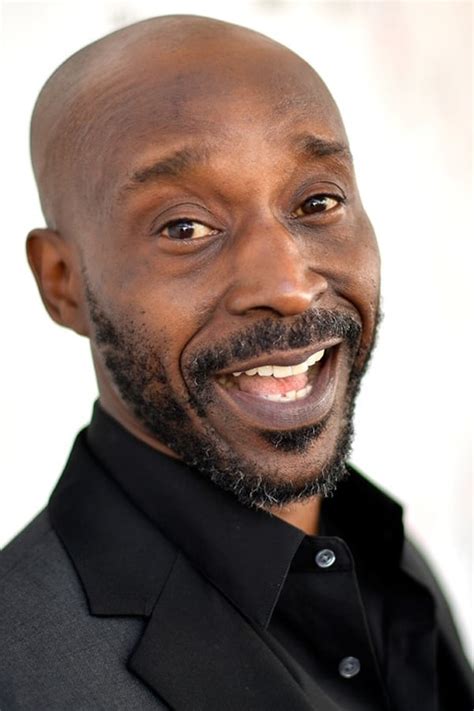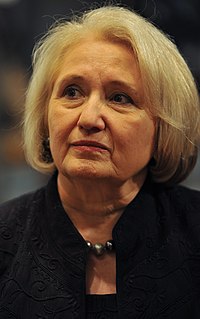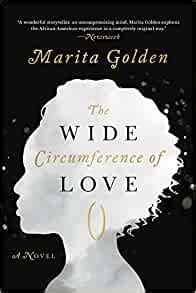A Quote by Rob Morgan
Traditionally in American cinema, Black men and women's participation in world wars is often not even represented at all.
Related Quotes
The potential significance of Black feminist thought goes far beyond demonstrating that African-American women can be theorists. Like Black feminist practice, which it reflects and which it seeks to foster, Black feminist thought can create a collective identity among African-American women about the dimensions of a Black women's standpoint. Through the process of rearticulating, Black feminist thought can offer African-American women a different view of ourselves and our worlds
All American wars (except the Civil War) have been fought with the odds overwhelmingly in favor of the Americans. In the history of armed combat such affairs as the Mexican and Spanish-American Wars must be ranked, not as wars at all, but as organized assassinations. In the two World Wars, no American faced a bullet until his adversaries had been worn down by years of fighting others.
They wanted black women to conform to the gender norms set by white society. They wanted to be recognized as 'men,' as patriarchs, by other men, including white men. Yet they could not assume this position if black women were not willing to conform to prevailing sexist gender norms. Many black women who has endured white-supremacist patriarchal domination during slavery did not want to be dominated by black men after manumission.
We black women must forgive black men for not protecting us against slavery, racism, white men, our confusion, their doubts. And black men must forgive black women for our own sometimes dubious choices, divided loyalties, and lack of belief in their possibilities. Only when our sons and our daughters know that forgiveness is real, existent, and that those who love them practice it, can they form bonds as men and women that really can save and change our community.
When you say 'the man of the house,' the black woman has been the woman and the man of the house, because black men have so often had to spend all of their time and energy working and trying, at least, to give their families the basic needs. So black women, I find, are not really concerned about women's liberation.
Women are often belittled for trying to resurrect these men and bring them back to life and to love. They are in a world that would be even more alienated and violent if caring women did not do the work of teaching men who have lost touch with themselves how to love again. This labor of love is futile only when the men in question refuse to awaken, refuse growth. At this point it is a gesture of self-love for women to break their commitment and move on.
I have this problem where it's like'I can never stop thinking. For instance, I find myself obsessing over the treatment of black women and girls by black men'the fact that black men have a special prejudice against black women and generally don't protect them or attempt to understand them, and I cry an awful lot about that.
When I was nineteen, pureness was the great issue. Instead of the world being divided up into Catholics and Protestants or Republicans and Democrats or white men and black men or even men and women, I saw the world divided into people who had slept with somebody and people who hadn’t, and this seemed the only really significant difference between one person and another.



































